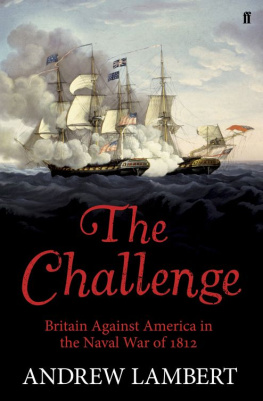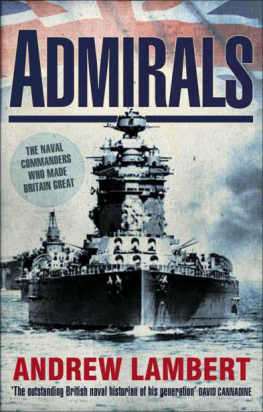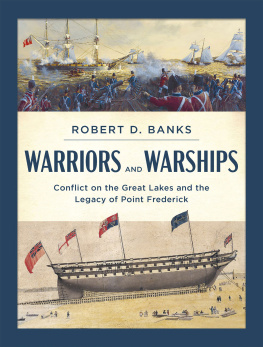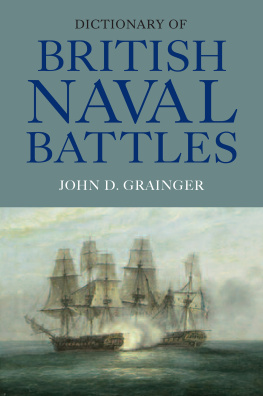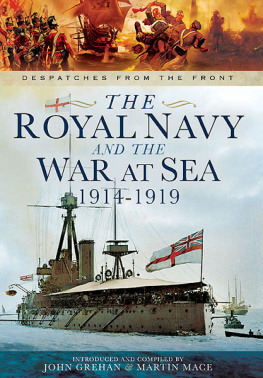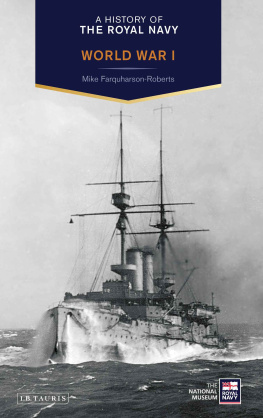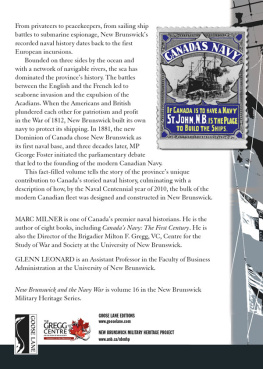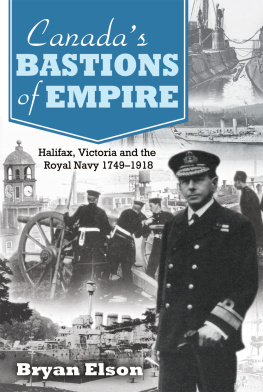This book would not have been possible without the support and encouragement of many people. My debts are many and various, and they are recorded in alphabetical order.
Brian Arthur, Robin Brass, Duncan Campbell, Michael Crawford, Bill Dudley, Larrie Ferreiro, Robert Gardiner, Don Graves, Edward Harris, John Hattendorf, Don Hickey, Nola Lambert, the late Jon Latimer, Christopher McKee, Steven Maffeo, Scott Sheads, Joshua Smith and Michael Tapper. I have debated 1812 with many more over the years, and all those conversations have added to my knowledge I am in debt to you all. Although many have helped, advised and informed, ultimate responsibility for the final text remains mine, as it must.
Research for this book was conducted in many institutions, all of which provided engaged, professional support; in addition all of them offered a positive and rewarding environment in which to study. They include the British Library, the National Archives of the United Kingdom, the National Library of Scotland, the National Archives of Scotland, the National Maritime Museum, Hull University Library, the Suffolk and Devon Record Offices, Cambridge University Library Archives, the Library of Congress, the United States Naval Historical Center, the William L. Clements Library at the University of Michigan and the Perkins Library at Duke University in North Carolina. Where archive material has been printed, notably in the outstanding American collection The Naval Warof 1812, I have cited both text and archive for the convenience of fellow researchers.
Once again Julian Loose, my editor at Faber, was prepared to embark on a voyage of discovery to unknown seas, and along with Kate Murray-Browne and Donald Sommerville ensured the story of 1812 was ready for the bicentenary of this much misunderstood conflict. I cannot close without thanking my family and friends, colleagues and students for indulging my engagement with this conflict. Their support is beyond price.
Andrew Lambert
Kew, 2011
Every nation needs a history, a unifying narrative that explains and justifies the present.
This book is about a war and the way it became part of two very different narratives. Wars have been a central concern for historians for close on three thousand years, their causes, conduct and consequences conveying everything from divine judgement to moral lessons. In a crowded field the War of 1812 occupies a curious position. Although often referred to by Americans as a victorious Second War for Independence, it is also considered a success north of the border, where a very different view of the outcome has helped shape Canadian identity. In Britain, 1812 is the year Napoleon marched to Moscow; the war with America is a long-forgotten sideshow. The British define the very essence of Britishness by reference to another, contemporaneous conflict, one in which they fought for their very existence against the greatest military genius of the modern age.
In June 1812 the United States, not yet fifty years old, challenged the greatest naval and economic power of the time, invading Canada and attacking British ships. It would be a curious war, fought in the shadow of a far greater conflict. At first the British simply did not believe that the Americans meant to fight about issues of principle, issues which they had no hope of upholding. Eventually they accepted the need to respond, but only after Napoleon began his terrible retreat from Moscow. Eighty years later a great American historian gently reminded his fellow citizens that the War of 1812 had been a disaster; after a litany of defeats all along the Canadian border, the capture and destruction of Washington, bankruptcy and the loss This begs the question: how could a defeated nation, one that suffered such devastating losses, declare a victory and remain in occupation of the literary battlefield for two centuries?
The answer lies in the smokescreen of words that obscured American aims and objectives throughout the conflict. President Madison went to war demanding that Britain end the practice of stopping and searching American merchant ships and impressing seamen on the high seas. Yet these aims were not even mentioned in the treaty that ended the war; the peace process was dominated by questions of land and the rights of Indians. While this mismatch between rhetoric and reality was hardly unusual, examining British war aims and strategy reveals a very different war. Both sides considered the war in the context of the European conflict. In the summer of 1812 Napoleon was about to invade Russia with over half a million men. The American administration expected that Napoleon would win. They planned to seize British North America modern Canada and hold it while Napoleon defeated the British. Former President Thomas Jefferson expected that the Canadians, anglophone and francophone alike, would be happy to join the American Republic, indeed Jefferson opined that conquest would be a mere matter of marching. Instead, invading American armies were repulsed by a handful of British regulars, Canadian militia and their Indian allies.
In fact the only battles the Americans won in 1812 were at sea, despite the Republican administration effectively ignoring the Navy. In three frigate actions that year substantially larger American ships captured smaller, less powerful British opponents. Desperate for good news to bolster their flagging grip on political power, the Republican Party latched on to the sea of glory, claiming these victories had been won in fair and equal combat, and linked the claim to the idea that war had been declared as response to British treatment of American ships and sailors. In reality the seafaring communities of New England and New York, who suffered most from pre-war British actions, consistently voted against war, a fact which reinforces the charge of partisan opportunism. War was popular with Republican voters in the agrarian Central Atlantic states, and especially in the West, because it offered a golden opportunity to seize land from the British and the Indians.
Although the war would drag on until the end of 1814, its outcome was decided by the failure of the American army to conquer Canada, the defeat of American attacks on British merchant shipping and a devastating British economic blockade that left America bankrupt and insolvent. In case anyone in America had missed the utter helplessness of their government, 4,000 British troops captured and burned Washington DC. The Presidential mansion, where the decision for war had been taken, was one of the public buildings to be torched. In the rebuild it acquired a coat of whitewash. The idea that the British lost the war in which they secured their war aims by compelling the Americans to stop invading Canada, destroyed their capital city and reduced them to insolvency in the process is one that requires explanation.

